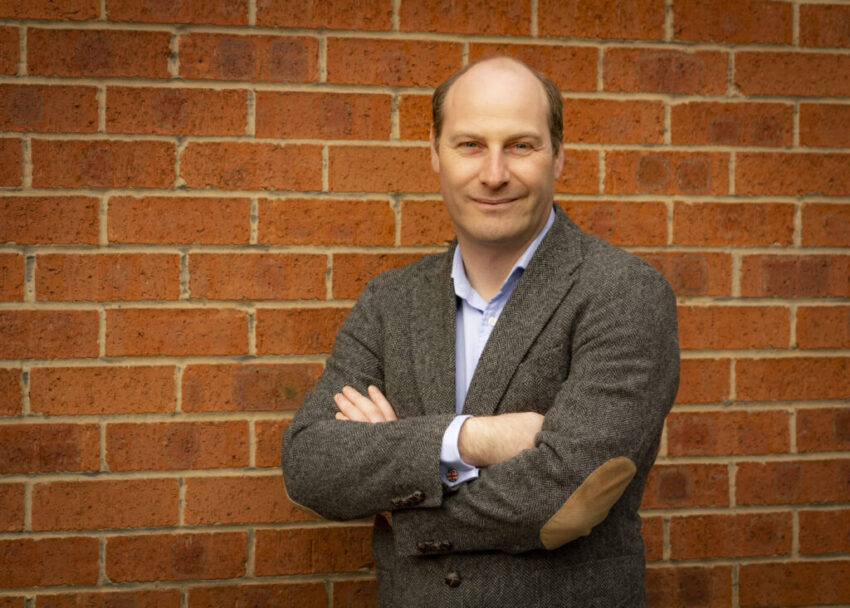Former advisor to the Government warns not to demonise business owners for accessing Furlough Scheme

Last Friday, a popular national newspaper lambasted Pippa Middleton’s husband, James Matthews, and his brother Spencer for using the Government furlough scheme in their respective businesses.
Each of their respective businesses which both pay corporation tax, national insurance and VAT were forced to close their doors when lockdown hit, and like the 1.2 million employers in the same situation, had a team of employees to support and retain.
According to the report, Hedge fund boss James, 45, used the CJRS to ensure six employees of his Scottish shooting estate, Glen Affric, were financially safe.
Reality star and entrepreneur Spencer, 32, is also reported to have furloughed employees at his start-up low alcohol drinks firm, The Clean Liquor Co.
However, the personal wealth of both James and Spencer was thrust into the spotlight as a reason not to access the furlough scheme introduced by the government, which was specially designed to allow eligible businesses (not owners) affected by the pandemic to keep the nation in employment and receiving income.
In the article, the reporter says: “The state-funded Coronavirus Jobs Retention Scheme (CJRS), running since the first lockdown almost a year ago, is designed to help cash-strapped employers survive the lean months of the pandemic, but eyebrows will be raised at two such high net worth individuals taking advantage of the public money.”
But Richard Alvin, group director of capital business media says that the misinterpretation of the scheme’s purpose and the nature of the article could cause other less famous business owners trying to stay afloat a lot of guilt.
“The COVID-19 pandemic has been like no other scenario I’ve ever witnessed in my 25 years in business and businesses across the world, even those run by the personally wealthy, have seen their revenues plummet,” he said.
“A lot of business owners who have never claimed a penny in their life from the government have had to access the furlough scheme irrespective of the balance of their personal account, not just because of revenue drops, but because the forced closure of their business simply meant there were no jobs available for these employees.
“The government introduced the furlough scheme for this exact reason to ensure that these employees are retained, not made redundant. Whether the owner of the business is wealthy or not, the government recognised that the responsibility to self-fund employees’ wages is unrealistic and does not lay with the business owner.
“The mental health of business owners has deteriorated as many see the businesses that they worked so hard to build, slowly fading into the background and they really don’t need the extra feeling of guilt forced upon them.
“So we are clear, I am not speaking of personally wealthy owners who have taken advantage of other schemes and loans from the government when they could provide the funding themselves. Virtually every business owner has had to put their own money into their own businesses for many months, if not longer, to get their company established. I am speaking specifically of the CJRS and the entitlement to claim and protect jobs without guilt.
“I ask you this, will companies that have not used the scheme receive a discount on corporation tax or see a reduction in employer contributions to National Insurance? We know that the answer to that question is a resounding no. In fact, there are rumours that there could be a widespread increase in tax for businesses and owners as the government tries to reclaim some of the billions shelled out.”
Richard is Group Managing Director of Capital Business Media, a Serial British Entrepreneur and angel investor.
A former advisor to the UK government on start-ups and SMEs, and a business champion for the government supported Start Up Britain programme, he is one of the UK’s leading experts in the SME sector.
Richard made his debut as the advisor to entrepreneur and host Peter Jones on the US business support TV programme Save Our Business, and subsequently replaced Jones to be the on-screen host broadcast across HBO and TNT.
Throughout the pandemic, Capital Business Media has not claimed a penny in government support, and likewise, neither has Richard.
He added: “Luckily, we haven’t needed to access financial support from the government, and I know many who haven’t. The thing is, we will all likely face the rath in the next year’s tax bills.
“I personally have no issue with anyone affected by the pandemic using the furlough scheme, wealthy or not, as it means families and individuals can continue to receive a living wage and thus have less to worry about it an already difficult time.”
The CJRS scheme was first introduced on March 20, 2020 for a period of three months, but due to the rapid spread of the virus and the impact on businesses, had to be extended and so runs at least until the end of April 2021.
It was introduced for those businesses who cannot maintain their workforce because their operations have been affected by coronavirus (COVID-19).
Under the scheme, all employers with a UK, Isle of Man or Channel Island bank account and UK PAYE schemes can claim 80% of an employee’s usual salary for hours not worked, up to a maximum of £2,500 per month.
Within the first day of the scheme opening, 140,000 companies applied to make a claim for their employees, resulting in an estimated cost to the nation of £14 billion a month.
The government is yet to announce how the money will be recovered, if at all.




